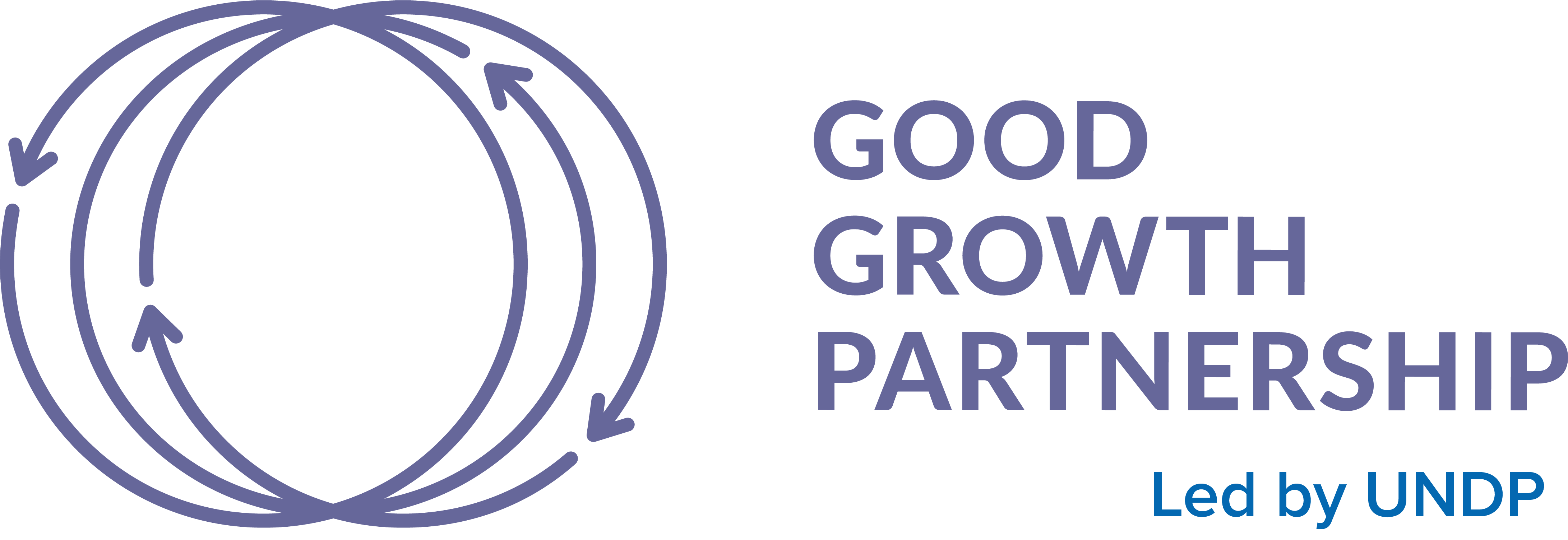Increasing demand for coffee is encroaching on forests and compromising biodiversity, often due to rapidly accelerating production, resulting in unsustainable practices where governance and technical capacity cannot keep apace, leaving natural resources and ecosystem services vulnerable.
Sustainability Opportunities

Coffee Beans in a wok. By Aleksandar Pasaric/Pexels
The program includes Burundi, Ethiopia, Guatemala, Indonesia, Kenya, Madagascar, Mexico, Papua New Guinea, Peru and Uganda, which are among the top 10 coffee producers in volume and value. These country projects will all participate in coffee-related policy and knowledge-sharing activities. By working with commodity roundtables, FOLUR aims to influence the practices of coffee-buying companies and networks.
Forging transformational change in deforestation-free commodity and crop value chains and land governance by significantly reducing deforestation through integrated landscape management for multiple benefits is key. Expansion often occurs in locations where governance and technical capacity may already be limited and cannot match rapid production growth.
Impacts on natural resources and ecosystem services are critical because they have consequences for livelihoods, but they may remain unaddressed if practitioners and local stakeholders do not have the capacity or tools to work at an appropriate scale and governments lack resources and adequate policies to address the challenges. Commodity expansion often outpaces clear analysis and careful planning.
Our Strategy
Country projects will promote sustainable food and commodity production systems, value chain improvements, conservation and restoration activities.
Efforts will improve land use planning and enforcement capacity, mobilize technology and finance, increase capacity of small holders and their associations, introduce profitable sustainable production models in partnership with the private sector, improve access to credit, and improve monitoring of sourcing and traceability standards.
The lack of environmental, social and food safety protections poses significant environmental, development and business risks, which grow as consumers and markets become more aware and sensitized to the negative environmental and climate change implications of commodity production systems.
These business risks are an entry point for private sector engagement at the global, regional and national level to make sustainability improvements along supply chains and to move toward more sustainable production practices in more resilient landscapes.

Coffee beans in a mug. By Lucas/Pexel.
Country Project Highlights

Pouring milk into a cup of coffee. By Azzam Zicc/Pexels
FOLUR is involved in coffee projects in:
- Burundi
- Ethiopia
- Guatemala
- Indonesia
- Kenya
- Madagascar
- Mexico
- Papua New Guinea
- Peru
- Uganda







